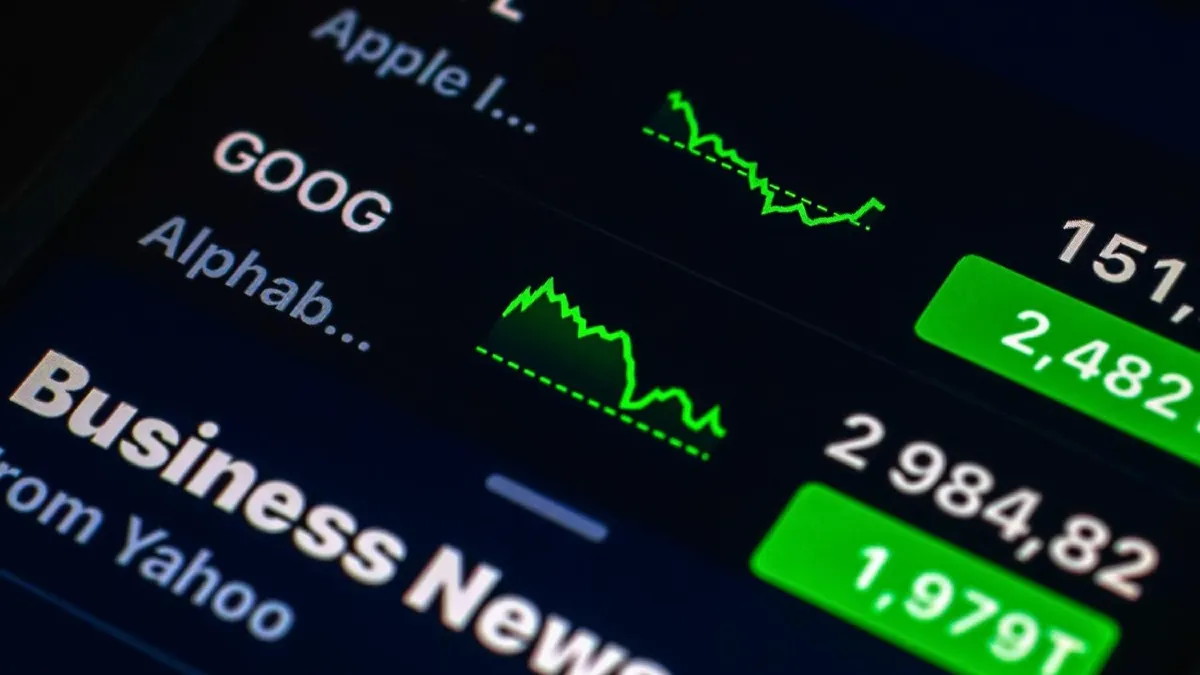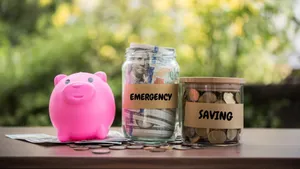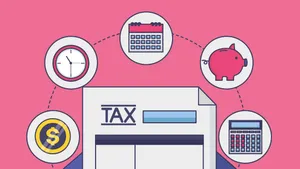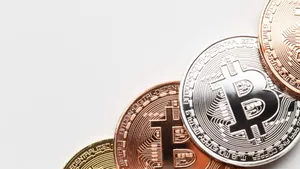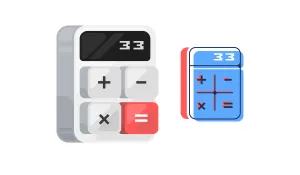When you buy a share of Apple (AAPL) on your Robinhood or Fidelity app, you're buying it from another investor who decided to sell it. That's a normal, everyday trade.
But where did that share of stock come from originally?
Apple wasn't just born with stock. At some point, the company made a massive decision to "go public" and create (or "issue") those shares for the very first time.
Why would a successful company, or even a brand new startup, want to sell off little pieces of itself to total strangers?
It all comes down to one simple, powerful reason: to raise money (capital) without going into debt.
The Pizza Analogy: Debt vs. Equity
Imagine you have a fantastic, growing pizza shop. It's so popular that you want to open 10 more locations, but you need $1 million to do it.
You have two basic choices to get that money:
Choice 1: The Bank Loan (Debt)
You go to a bank and ask for a $1 million loan.
- The Good: The bank gives you the money, and you still own 100% of your company. You are your own boss.
- The Bad: You are now in debt. You must pay the bank back, with interest, every single month. This is a huge, fixed cost. If you have a few slow months, the bank doesn't care—you still have to pay. If you fail, the bank can take your shop, your ovens, and even your house to get its money back.
This is what happens when a company issues bonds. A bond is just a loan.
Choice 2: Selling Slices (Issuing Stock)
You decide the loan is too risky. Instead, you decide to sell "slices" of your pizza company to investors. You announce that you are selling 50% of your company to the public in exchange for $1 million.
This is called "going public" or an Initial Public Offering (IPO). The first sale of this new stock happens on the "Primary Market."
- The Good: You get $1 million in cash, instantly. And the best part? You never have to pay it back. It's not a loan. You have no new monthly bills. That money is yours to use to build your 10 new pizza shops.
- The Bad: You are no longer your own boss. You just sold half your company. You now have shareholders (the people who bought the "slices"), and you have a legal duty to make decisions that are best for them. You have to share your profits (as dividends) and they get to vote on big company decisions.
This is why companies issue stock. A stock is a "slice" of ownership (equity).
Why Take On Shareholders?
For most companies, the "bad" of having shareholders is a small price to pay for the massive "good" of getting cash with no strings attached.
This cash, called capital, is the fuel for growth. Companies issue stock to get a huge injection of cash to do big things, like:
- Expand Rapidly: (Like our pizza shop) Build new factories, open stores in new countries, or hire 1,000 new engineers.
- Fund Research (R&D): A biotech company might need $500 million to fund 10 years of research for a new drug.
- Pay Off Debt: Many companies will issue stock specifically to pay off their high-interest bank loans.
- Cash Out Early Investors: When a company like Uber goes public, part of the goal is to finally give the early investors (who gave Uber money when it was just a startup) a way to sell their shares and get their big payday.
Primary Market vs. Secondary Market
This brings up one last key point:
- The Primary Market: This is where the IPO happens. It's the one and only time the company itself sells its new stock to investors and receives the cash. (You -> Company).
- The Secondary Market: This is what you know as "the stock market" (like the NYSE or Nasdaq). It's where all the existing shares are traded back and forth between investors. (You -> Another Investor).
When you buy a share of Apple today on the "Secondary Market," Apple does not get any of that money. That money just goes to the investor who sold you their share.
But that share exists only because, decades ago, Apple decided it needed cash to grow and sold "slices" of itself on the "Primary Market" to get it.
